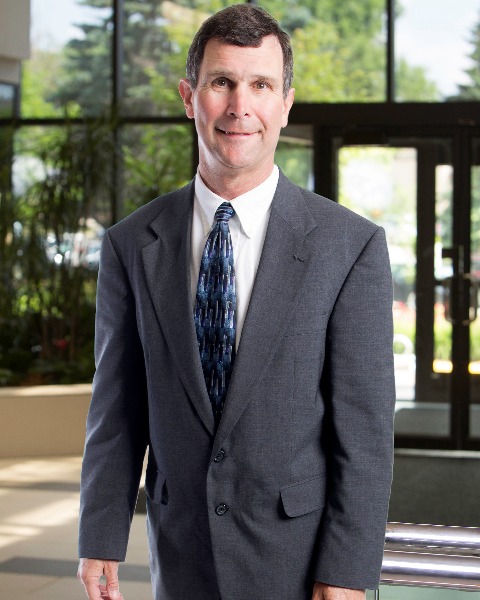Back
Credit Verification Code: 2217
Workshop
Stormwater Management
A Tale of Two Filters: Amending Filtration Media with Biochar to Remove Bacteria from Urban Stormwater
Friday, February 18, 2022
9:50 AM – 10:50 AM
Location: Virtual
Credit: 1 PDH
Presentation Level: Intermediate

Edward Matthiesen, PE, MCE, MBA
Principal Engineer
Stantec
Golden Valley, Minnesota, United States
Justine Dauphinais, MA
Water Quality Coordinator
Coon Creek Watershed District
Ham Lake, Minnesota, United States
Presenter(s)
Co-Presenter(s)
Elevated bacteria levels in the nation’s surface waters is a public health issue that has led to sick pets, beach closures, and may pose an immediate health risks to anyone who recreates in or consumes the water. The culprit is often pet, wildlife, and human waste carried by storm sewers, untreated, to nearby lakes, streams, and rivers. There are numerous Best Management Practices designed to remove conventional pollutants from stormwater, but very few that target bacteria. Biochar, a charcoal-like substance made via pyrolysis of organic material, has recently been gaining attention as a potential filter media amendment for removing bacteria. Through smaller pilot filter projects within the Coon Creek and Shingle Creek Watersheds over the last five years, Wenck/Stantec showed that sand filters amended with iron filings and biochar are effective at removing 49-97% of E. coli from urban stormwater, but the scalability of this technology was uncertain until now. With many streams and lakes impaired for bacteria nationwide, including biochar in stormwater filter media could provide safer, cleaner recreational waters for humans and pets. The Coon Creek Watershed District, Wenck Associates/Stantec, and the Cities of Blaine and Coon Rapids, Minnesota teamed up to construct two full-scale biochar- and iron-enhanced sand filters. Each filter is split into two identical cells, one with 30% biochar by volume added and one without. This design allows for head-to-head performance monitoring, testing the ability of biochar to remove E. coli while reducing nutrient and bacteria loading to two impaired creeks. We will present project design considerations and specifications, preliminary performance results since June 2020, and lessons learned along the way. This work was supported by MN Clean Water Fund grants administered by the MN Board of Water & Soil Resources.
Learning Objectives:
- Understand and reproduce the general design of a biochar and iron-enhanced sand filter.
- Understand the conditions where biochar and iron-enhanced sand filters will be most effective at reducing bacteria in storm water runoff.
- Understand how biochar can enhance the pollutant-removal effectiveness of iron-enhanced sand filters.

.jpg)
